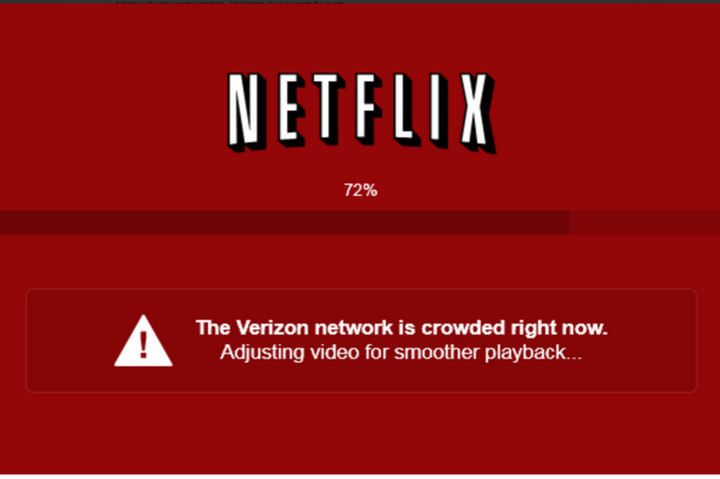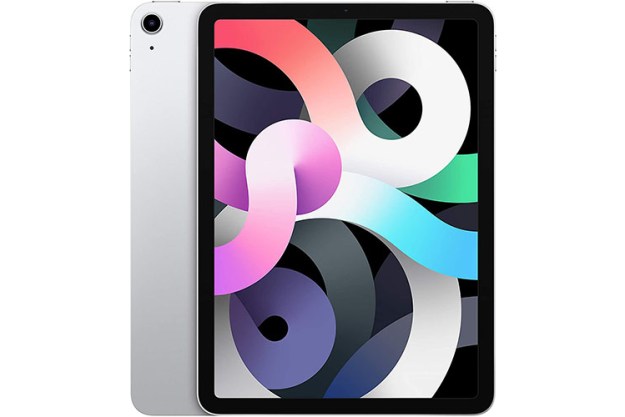
Related: Verizon to Netflix: Slow video streams are your fault
In a post entitled “Netflix ISP Speed Index for July,” Netflix lists the top 16 U.S.-based ISPs for streaming based on average connection speed, according to data compiled by the company. Netflix bases its conclusions on data that it tracks from 50 million Netflix subscribers who watch more than 1 billion hours of content per month.
Related: Why you’re not getting HD Netflix and how to fix it
Cablevision is rated as the best ISP in the nation when it comes to streaming Netflix videos. The company tallied an average speed of 3.1 MBps. On the flip side, there’s Verizon, which is all the way at the bottom. Verizon ISP subscribers get an average speed of 0.97 MBps when streaming Netflix.
That’s behind relatively unknown ISPs like Mediacom, Frontier, and Windstream. Those firms averaged speeds of 2MBps, 1.92MBps, and 1.86MBps, respectively.
However, it’s worth noting that Netflix makes a distinction between Verizon and Verizon FIOS. Unfortunately for those who subscribe to the latter, its Netflix streaming speeds aren’t great either, averaging 1.61MBps. That’s still behind Mediacom, Frontier, as well as Windtream, and is only good for 12th on the list.
Rounding out the top 5 are Cablevision, Cox, Suddenlink, Charter, and Comcast. Netflix says that users of those ISPs get average speeds of 3.1MBps, 3MBps, 2.89MBps, 2.85MBps, and 2.82MBps, respectively.
If you’re a Verizon ISP subscriber and you want to get better Netflix streaming speeds, you should check out our guide on how to set up a VPN to speed up Netflix.


